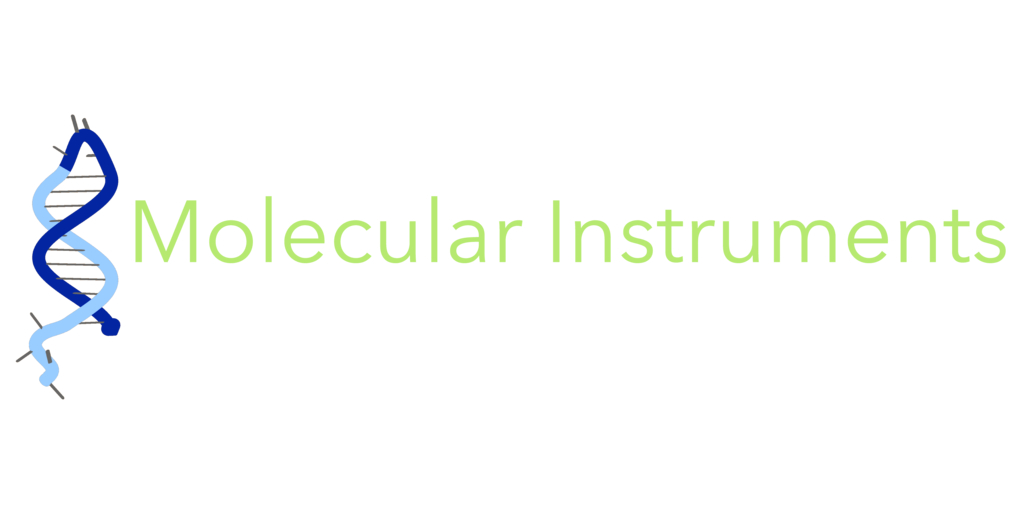LOS ANGELES–(BUSINESS WIRE)–#Biotech–Molecular Instruments, Inc. announced today that the Patents Court of the High Court of England and Wales has found two patents owned by Advanced Cell Diagnostics, Inc. (a Bio-Techne group company) to be invalid.
In a 2022 lawsuit filed in the United Kingdom (proceedings no. HP-2022-000026), Advanced Cell Diagnostics alleged that Molecular Instruments’ HCR™ RNA-ISH technology infringes European Patents (UK) 2,500,439 and 1,910,572. The Court has rejected that claim ruling that both patents are invalid (https://caselaw.nationalarchives.gov.uk/ewhc/pat/2024/898) with Mr. Justice Meade finding that Molecular Instruments’ primary evidence (on invalidity) is “really overwhelming in this case.”
“Our goal is to empower biologists, bioengineers, drug developers, and diagnostics developers by providing them with next-generation molecular tools that enable breakthroughs in their projects,” said Dr. Harry Choi, CEO of Molecular Instruments. “We felt compelled to fight this lawsuit to protect the ability of our customers to continue their research, as many customers working in challenging imaging settings cannot perform their experiments with any other technology. This judgment in our favor ensures that UK researchers will not be denied access to our game-changing HCR™ imaging platform.”
About the HCR™ imaging platform
HCR™ RNA in situ hybridization (RNA-ISH) leverages dynamic nanotechnology to enable small amplification components to first penetrate a biological sample without interacting and then autonomously grow bright amplification polymers at the site of RNA targets within the sample. This unique combination of properties enables automated chromogenic and fluorescent HCR™ RNA-ISH workflows to be entirely protease-free, preserving sample morphology and protein target integrity for native compatibility with existing immunohistochemistry (IHC)/immunofluorescence (IF) assays. Likewise, manual fluorescent HCR™ RNA-ISH assays offer unmatched performance, versatility, and robustness in samples of all varieties including whole-mount vertebrate embryos, multi-species environmental samples, thick brain slices, and ultrathick samples up to 1 cm.
About Molecular Instruments
Molecular Instruments® (www.molecularinstruments.com) develops and synthesizes molecular kits powered by the breakthrough HCR™ imaging platform for applications in academic research, drug development, synthetic biology, and clinical pathology and diagnostics.
Contacts
media@molecularinstruments.com
Joyce Yoo






















